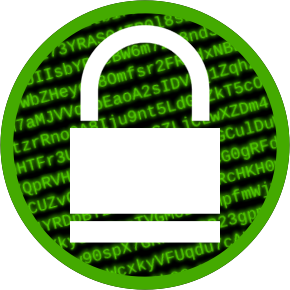
You may have heard about the ransomware trojan CryptoLocker, which debuted late 2013. What is ransomware? If you own a small business, you need to know.
Ransomware is malware that makes it difficult or impossible for users to access the computer system it infects. It may encrypt hard drive files or simply lock the system. What makes ransomware different from common malware is that its infector demands payment (a ransom) from the system user in exchange for computer/file availability. The ransomware originates via the same method as a typical trojan – from a downloaded file or network vulnerability. The software utilizes scareware to communicate the extortion to the user via a displayed message on the computer monitor. Scareware promotes scan software of little to no benefit via unethical practices such as adware that aims to create unease and paranoia in users if they don’t proceed with downloading the unknowingly damaging files. In the case of ransomware, users are often falsely suggested to have done something illegal. The threat of exposer can also prompt users to make an international call to a number for which the user is placed on hold and incurs monumental long distance charges. Payouts can be made different ways, but the key is the use of scare tactics to induce the user to take action that results in their paying a sum to avoid prosecution, or in order to retrieve their files.
The CryptoLocker trojan first targeted computers running MS Windows, and inserted itself in to systems via infected attachments in seemingly normal emails from what looked to be a legitimate company.
Unfortunately, the inception of CryptoLocker has spawned a multitude of clone trojans. Offenders including CryptoWall and TorrentLocker operate in much the same way.
It only makes sense that operators of these types of ransomware would want to target businesses and organizations, and even worse, especially small- to medium-sized businesses, which are may be more vulnerable.
What does the existence of ransomware mean for your small business? We’ve found that without a firm disaster recovery plan put into place, your small business is at risk for an attack by calamitous, if not expensive, ransomware.
What can you do? If you are a small business in the Kentucky-Tennessee area and beyond, you can contact ABR Systems Group. Our IT consultants are available to help you protect your most valuable business asset: your data.
Do you want to know more on malware and disaster recovery for your business? Call us today, and stay tuned for more information all month from ABR.



